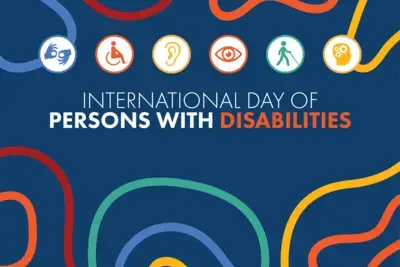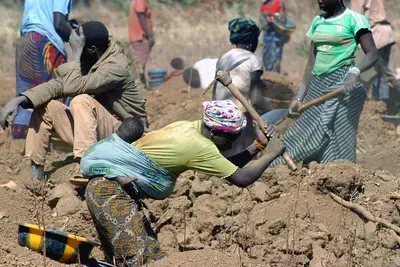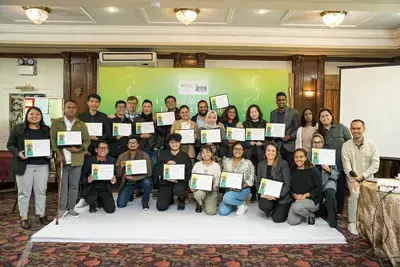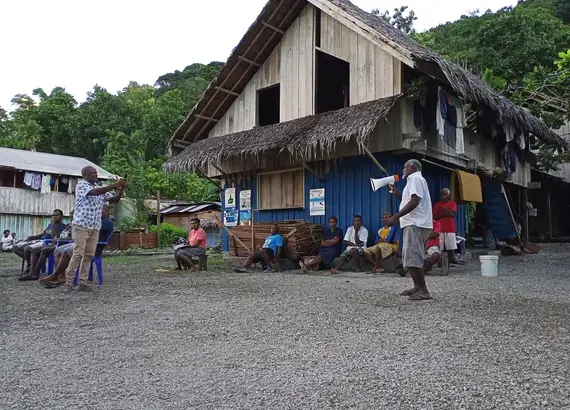
Success Story
Raising Community Voices: Youth Advocates for Integrity in Solomon Islands Respond to Key Environmental Issues
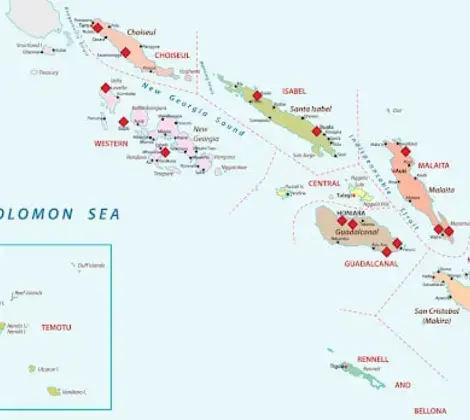
Since the beginning of May, 20 young civic leaders throughout Solomon Islands have been responding to key environmental issues in their local communities through projects that assess legislation, public policy, and local practices in sectors related to climate change and natural resource management. From November 2021 to February 2022, these activists, representing nearly every province in Solomon Islands, developed the skills to advocate on behalf of their communities and the environment through a rigorous training course on political process monitoring and advocacy strategies led by NDI.
Upon successful completion of the course, NDI selected alumni to design their own initiatives to monitor policy implementation and raise awareness in their local communities for issues related to natural resource management and environmental protection. Working individually or in teams, the activists, known as “youth advocates for integrity,” are reviewing official documents and consulting with experts and affected individuals to better understand community issues such as improper sanitation, the consequences of logging, and the overharvesting of marine resources.
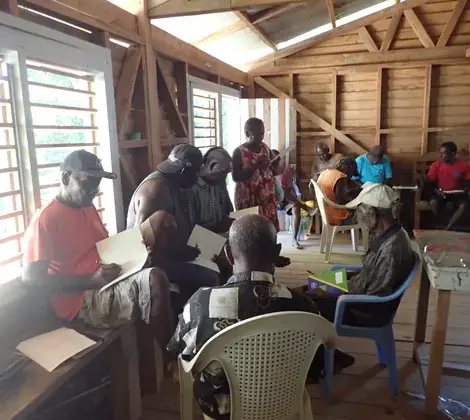
“So far, for me the project runs smoothly and I am glad to be part of the project that is going to impact the community. It is a first of its kind, so it teaches me a lot of interesting things in waste management and waste pollution. The community is also glad to be part of it and willing to participate and share their views on waste management and the waste management issue.” – participant from Honiara, monitoring waste pollution and engaging local communities to advocate for proper waste management.
These youth advocates will continue their community-based initiatives over the next several months, using their project findings and recommendations to further advocate for ethical natural resource and environmental governance.
NDI's engagement in the Pacific Islands is implemented in part with support from the United States Agency for International Development.
